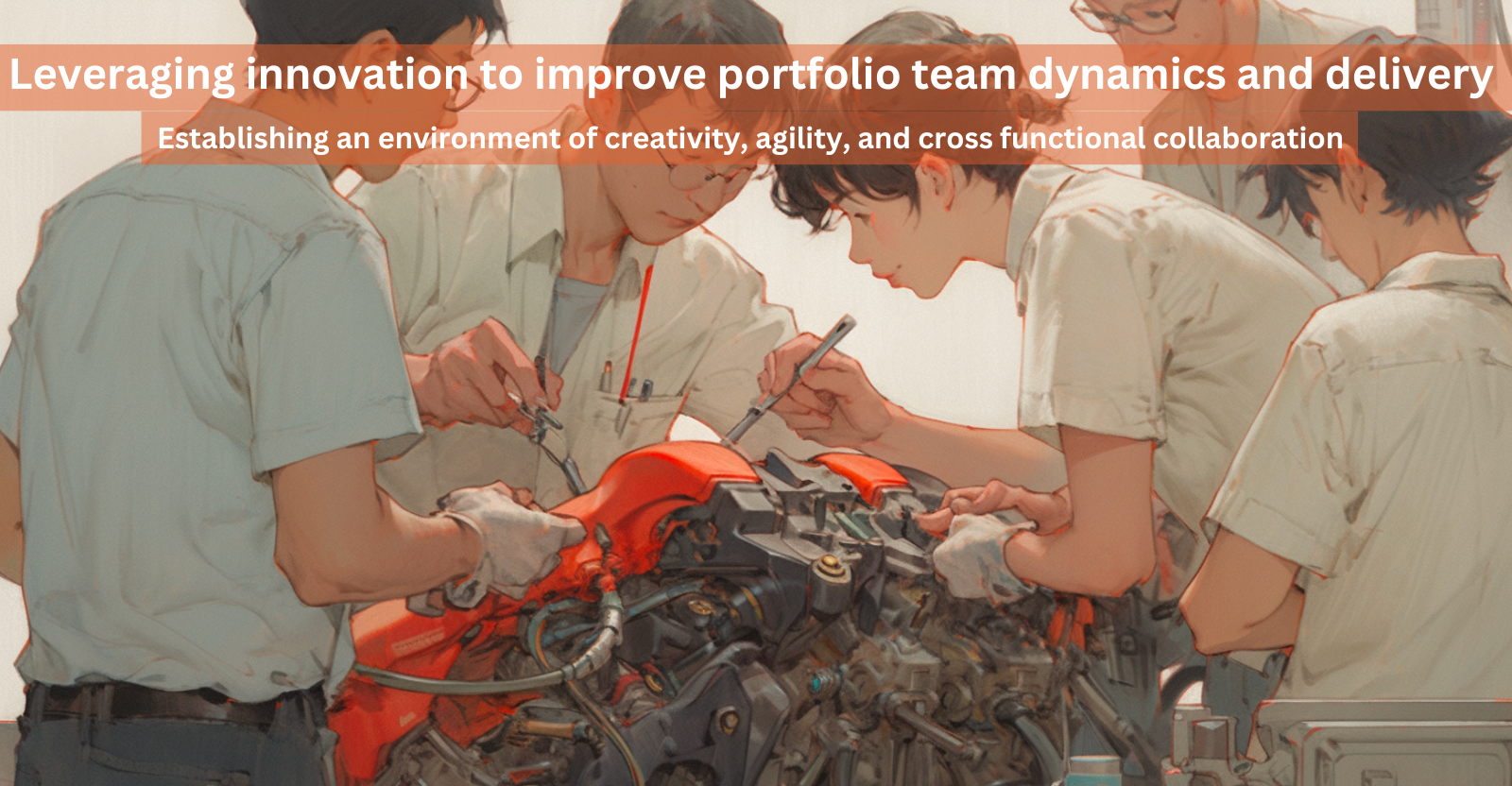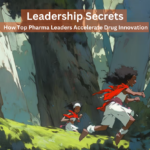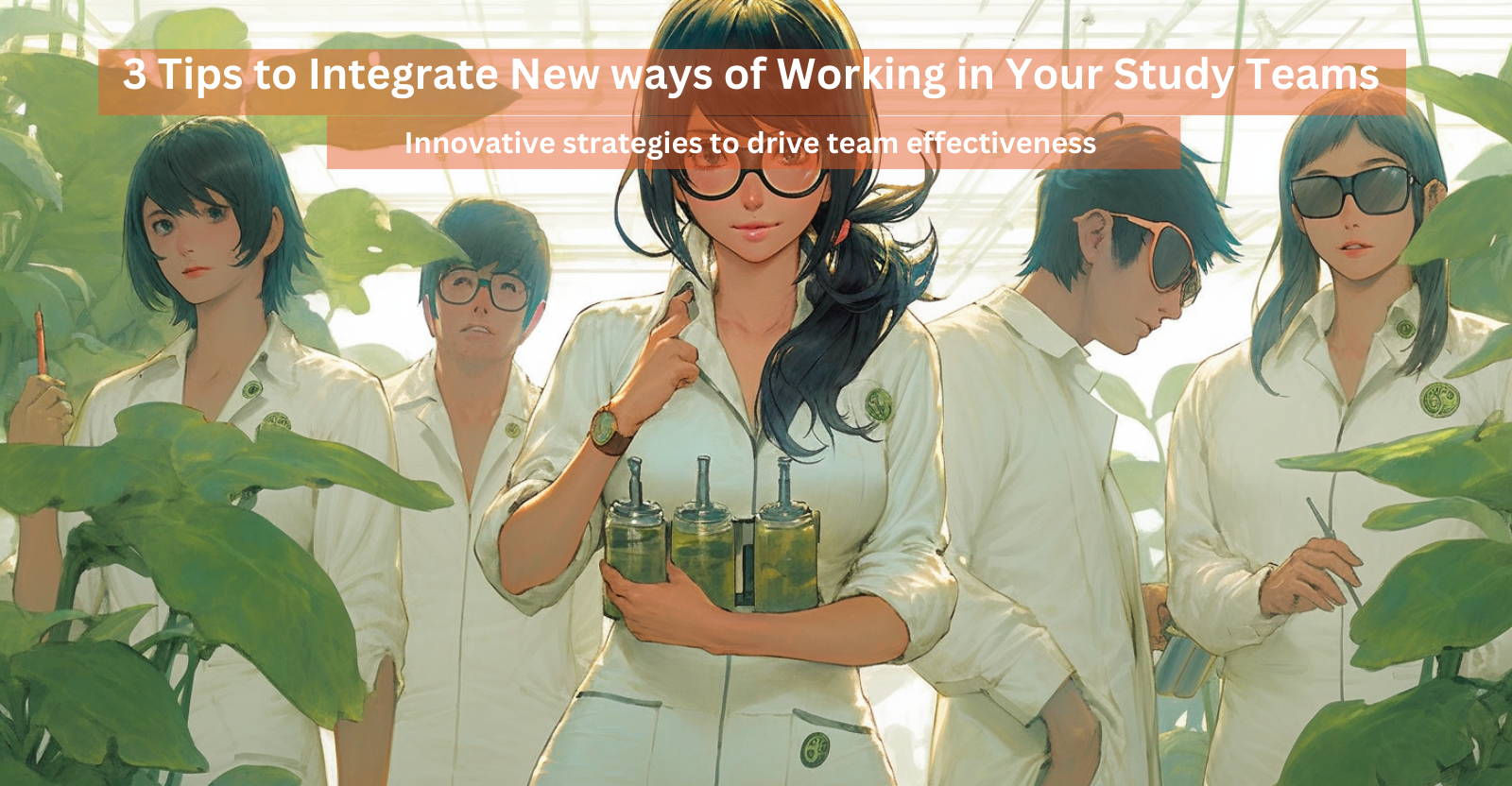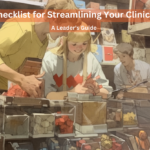Think about the last time you encountered a truly diverse team – the new ideas and rich perspectives they brought to the table were likely something you still remember to this day like the smell of grandmother’s cooking. Diversity, Equity, and Inclusion (DEI) is a wonderful way to maintain this rich tapestry and encourage innovation at the same breakneck speed that healthcare is evolving. Even though DEI has become an ethical imperative with strategic consequences, what does it actually look like in practice?
Let’s delve into three significant drivers that highlight the tangible benefits of DEI within the pharmaceutical industry: Improved Innovation and Problem Solving, Enhanced Employee Engagement and Productivity, and Expanded Market Reach, and look at some specific success stories of their implementation in the market today

Improved Innovation and Problem Solving
Research consistently shows us that diverse teams, comprised of individuals with varying backgrounds, experiences, and perspectives, are more likely to generate creative solutions to complex challenges. For pharmaceutical companies, the outcomes from this Kaleidescope of perspectives lead to groundbreaking discoveries and more effective treatments at an accelerated pace.
Imagine the potential for innovation when diverse minds tackle a global health crisis like childhood HIV. Well, that is exactly what Pfizer’s Project ECHO (Eradicating Childhood HIV Worldwide) set out to do by tapping into a diverse pool of expertise from different fields and backgrounds. This approach helped Pfizer find innovative solutions to tackle childhood HIV, which led to the development of lower cost programs, improving access to HIV medications for children in resource-limited settings. The diversity in expertise and backgrounds in Project ECHO led to unique insights into pediatric medication delivery systems in under-resourced areas.

Enhanced Employee Engagement and Productivity
Johnson & Johnson is renowned for its DEI initiatives, which has contributed to increased employee engagement and productivity according to their 2023 report. By ensuring that diverse voices are not only heard but actively involved in decision-making processes, the company has seen higher levels of job satisfaction and greater innovation. We have all been in work environments where we have felt valued, respected, and heard. When this kind of environment becomes the norm, we bring our authentic selves to work and are more engaged and motivated. Motivated and engaged employees are more productive and more likely to contribute their best work. It’s worth considering how a culture that celebrates diversity could transform the dynamics and outcomes of your workplace. In Johson & Johnson’s case, the results are in, and the outcome is a sough after and more competitive organization.

Expanded Market Reach
Think for a moment about how understanding diverse cultures could impact your business strategies and your customer relations. That is what Eli Lilly did while developing their Cultural Competency Program, which nicely illustrates how DEI can expand market reach and improve relationships with a broader customer base. This program gives employees the tools and knowledge to not just engage with patients and healthcare providers from diverse cultural backgrounds, but to do it effectively. How, do you ask? Since pharmaceutical companies often operate in a global market, diverse and inclusive workforces can better understand the needs and preferences of the customer base, as in Eli Lilly’s case, this then helps create more nuanced marketing campaigns and product development strategies that are specifically tailored to more diverse global markets.
Diversity, Equity, and Inclusion are not just buzzwords anymore; they are a vital part of the success of a pharmaceutical company’s business and medical strategy. Pharmaceutical companies have the herculean responsibility to make and distribute medicines that improve and/or save the lives of everyone, therefore it is a business of diversity by design. Embracing diversity not only fosters innovation, enhances employee engagement and productivity, but it is simply the only way to do business in a global market when your product is better health outcomes.









